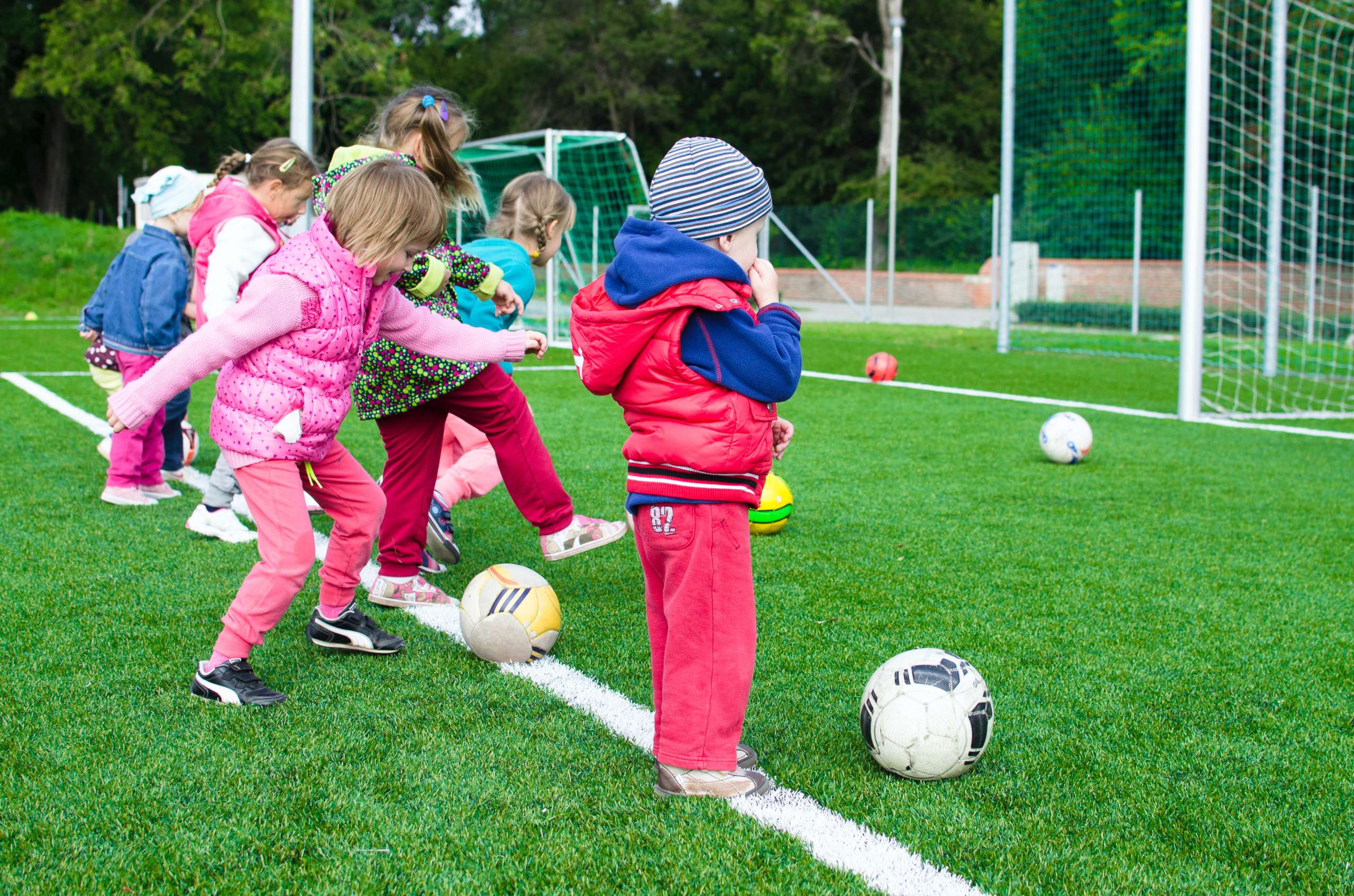
Sport is good for you, so make sure your kids are physically active and not spending all day at home
The school year is approaching, and with it decisions about the choice of additional activities for juniors. Are sports activities and the associated competition a good idea for kids? See what impact competitive sports can have on your kids
During the early stages of childhood, physical activity and instilling the right values in children is extremely important. This process can begin as early as elementary school, when young people are just in the process of forming their preferences
By instilling a passion for sports in your child, he or she will also be an active and athletic person in later years of life. At classes organized at school or by municipal sports and recreation centers, your child will not only be under the excellent care of people knowledgeable about sports, but will also spend time with their peers.
Sports activities, especially team sports, are a great opportunity for your child to get to know their peers, make friends and develop friendships. Especially if your child is new to school, it’s a good idea to find a group activity for him/her, just to find friends.
Competing and fighting together to win can greatly strengthen the bonds between team members, and the support after a lost game will help your child work through these feelings. Friendships made on teams or at children’s sporting events tend to last for years, not least because shared losses and victories bind people together.
Through competition and rivalry, children can also learn to experience wins and losses. It is very important for the development of emotional intelligence that children also experience losing, which happens quite often in the world of sports. The youngest children are better able to cope with these difficult emotions in a group, so the best place to start is with group sports, where defeat is experienced and endured by the whole team supporting each other. Individual sports and defeats in these areas will be better left for those a little older, already entering the teenage years
Just as important as failure is experiencing victories. The child must learn to enjoy success, but also show empathy for the losing team and learn that it is not worth resting on one’s laurels. Additionally, for a junior, winning can be something overwhelming, too difficult, or even a debilitating experience. You need to get used to this feeling, which is helped by practice, the support of the team and the coach.
At a young age, when children haven’t experienced much yet, their self-esteem and self-worth is very sensitive territory. Unfortunately, if a child is not properly supported and motivated, their self-perception can fluctuate between success and failure.
As a parent, you need to make sure your child understands that losing, just like winning, does not define who they are. To prevent emotional swings caused by competition in sports, it’s a good idea to talk to your child, teach them to control their emotions, and reward them not for their successes but for the effort and endeavor they put into training.
Read also: https://activfamily.com/equipment-and-accessories/summer-on-the-mountain-trail-what-to-take/
Main photo: Lukas/pexels.com